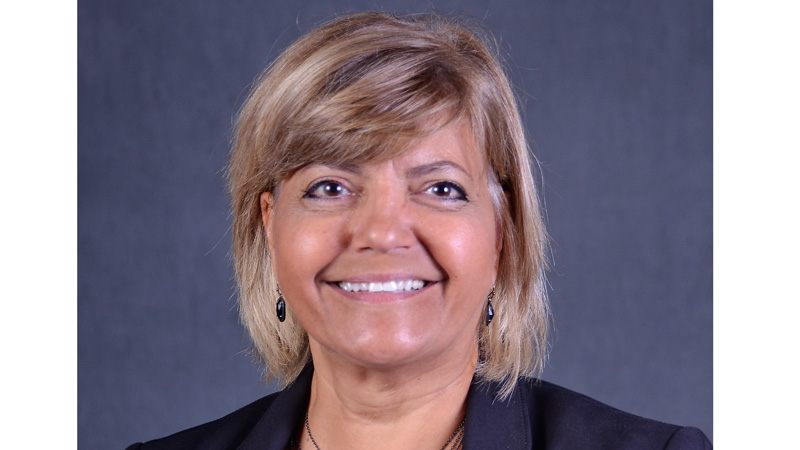Pratt: The state of COVID-19 testing
Published 12:00 am Saturday, March 21, 2020

- Mary Ellen Pratt
|
Getting your Trinity Audio player ready...
|
The state and nation are continuously expanding testing resources and protocols in response to the coronavirus (COVID-19) outbreak. It is extremely important for the public to understand the testing process, how healthcare providers are determining who should be tested at this time and what each of us can do to help stop the spread of COVID-19 in our communities.
Testing—Then and Now
Testing for COVID-19 was initially conducted by the state and CDC. After a potential case was deemed necessary for testing by strict state guidelines, the healthcare provider would swab the patient and samples would be couriered to the state lab for testing. Upon a positive test—coined “presumptive positive” the CDC would then run its own quality control test to confirm the case. The process was updated so that state results are now final. Testing approved and conducted by the state takes on average at least two days to produce results.
Trending
Most recently, commercial testing—which can be ordered by physicians on a case-by-case basis—became available. Providers follow the same process for swabbing patients and samples are couried to approved commercial labs. Patients that meet criteria for commercial testing take on average at least four days to get results.
Testing Criteria
Both state and commercial tests are limited and only recommended for patients meeting certain criteria. Since most patients contracting the coronavirus experience only mild symptoms and can be effectively treated from home—reducing the risk of unnecessary exposure to others—tests are conserved for the most vulnerable in our population. Testing criteria is strict and typically approved for patients at high risk of more serious symptoms and needing possible hospitalization.
The Priority for Testing
Testing is priority for the most vulnerable in our population. Most deaths have been in patients 60 or older and many of these patients have had underlying conditions. Examples of patients with the highest risk of complications due to COVID-19 include:
- People over 60 (risk increases with age)
- People living in nursing homes
- People with other health conditions that impair lung or heart function or those with weakened immune systems
Call Ahead
Trending
If you are not in a high risk category and experiencing mild flu-like symptoms such as fever, cough and shortness of breath we encourage you to call your physician’s office. Your doctor will conduct a phone visit to learn more about your symptoms, review your personal medical history and utilize CDC and state recommendations to determine if a test is recommended. For many patients—especially those whose treatments would not change due to test results, physicians can make recommendations and order medications as needed over the phone.
What can you do?
With or without a test, we have the power to slow the spread of COVID-19. The best way to prevent illness is to avoid being exposed to the virus. Clean your hands often, avoid close contact and stay home if you are sick. According to education from the White House entitled “15 Days to Slow the Spread,” you are encouraged to:
- Stay home if you feel sick and contact your medical provider
- If your children are sick keep them home and contact your medical provider
- If someone in your household tested positive for COVID-19, keep the entire household at home and contact your medical provider
- If you are an older person, stay home and away from other people
- If you have a serious underlying condition that can put you at increased risk, stay home and away from other people
- Avoid social gatherings (mandated at 50 or less, recommended by the president at 10 or less)
- Avoid discretionary travel
Do not visit nursing homes or long-term care facilities unless to provide critical assistance
For the latest information on COVID-19 from St. James Parish Hospital, visit our website www.sjph.org.
Mary Ellen Pratt is St. James Parish Hospital CEO. She can be reached at info@sjph.org.





